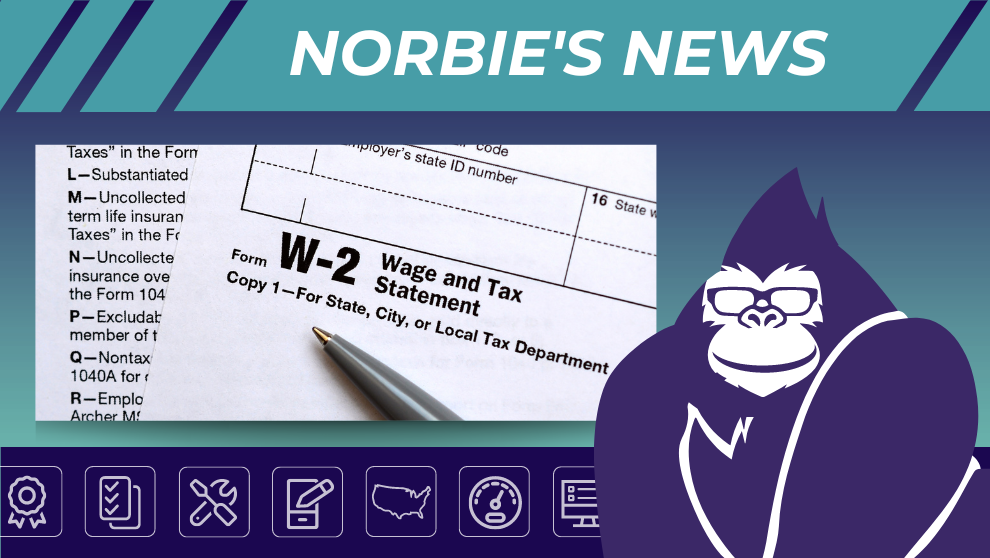
Is It Time to Address the Work-Life Balance Needs of Insurance Employees?
By Jenny Hammond, VP of Marketing
As the world adjusts to a post-pandemic new-normal, changes implemented during the height of COVID-19 continue to impact how we live and work. By far, the biggest work-related change during the pandemic was the switch to remote work and the impact it had (and continues to have) on work-life balance for many individuals in the insurance industry.
"83% of employer respondents to a survey [...] said they plan to continue more flexible work policies implemented during the pandemic, such as allowing more employees to work from home.”
– Mercer
A Solution to a Big Problem
The work-from-home arrangement was an immediate solution to a very big problem. Today, many employers in several industries are continuing the work-from-home trend. In fact, 83% of employer respondents to a survey by Mercer said they plan to continue more flexible work policies implemented during the pandemic, such as allowing more employees to work from home.
As for the insurance industry, the shift to remote work was one of the most extreme changes the industry has ever experienced. According to Insurance Business, managing energy levels, workloads and productivity proved to be more difficult in a fully remote environment. Before the pandemic, it was easy to walk down the hall and connect with colleagues – or even see who needed help or was getting burned out. Today, our means of communicating and connecting have changed significantly.
Many employees in the insurance industry continue to work remotely, while simultaneously resuming most of the pre-pandemic activities and responsibilities that were put on hold for two years. It’s this combination of work and life in what is now considered our “new normal” that is creating challenges for individuals in the insurance industry as they try to control stress levels and maintain a positive balance.
Challenges of Remote Work
A key issue of complaints regarding remote work is that employees feel they are expected to do more work in the same amount of time. In fact, 40% of office workers surveyed reported working longer hours now that their work is remote or hybrid.
Working remotely can de-prioritize the importance of work-life balance. A study by the American Psychiatric Association showed that more than two-thirds of employees who work from home at least part of the time said they struggle with being able to get away from work for personal time at the end of the day. As for the insurance industry, a survey conducted by Vertafore revealed that a shocking 54% of insurance professionals said they would leave the industry for a better work-life balance in another occupation.
To help recruit and retain workers, the insurance industry should begin to address key issues of concern for all employees, and certainly those who work remotely. Consideration should be given to maintaining open communication and adjusting schedules to better allow for an improved work-life balance that will empower employees to remain productive, while allowing flexibility for activities outside of work. It also means limiting work communications and expectations to within working hours to help reduce burnout and stress.
" ... a shocking 54% of insurance professionals said they would leave the industry for a better work-life balance in another occupation.”
– Vertafore
Conclusion
Moving forward, it is important for insurance companies and agencies to establish clear and realistic expectations regarding remote or hybrid work arrangements. Finding opportunities to increase the well-being of employees, while incorporating options that employees want, will lead to stronger employee retention and a more balanced, satisfied workforce.
Jenny Hammond is VP of Marketing of Builders & Tradesmen's Insurance Services, Inc., an Amynta Group Company.
Builders & Tradesmen’s Insurance Services Inc.
BTIS is committed to providing robust, individualized products and the highest level of service. Our easy-to-use commercial insurance platform, educational tools, and helpful underwriters make it simple for producers to diversify their books of business by expanding their product portfolios.
Part of the Amynta Group, BTIS is a nationwide insurance intermediary with a small-business attitude. We believe in building solid relationships through communication and a genuine concern for the success of our retail broker clients and the policyholders they serve.
For additional information, visit www.btisinc.com or call (877) 649-6682


